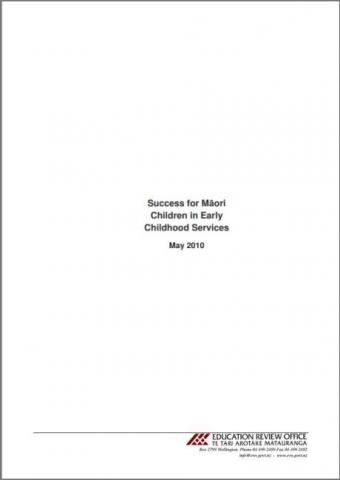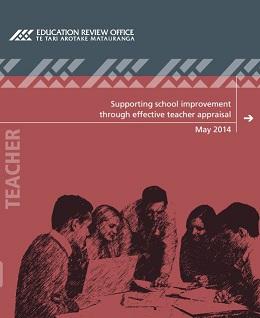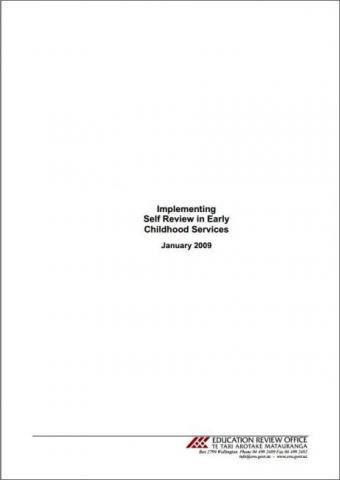Māori succeeding as Māori
Published: 04 Sep 2017
A school principal talks about how he works with his school community to develop an environment where Māori learners are supported and can succeed as Māori.
- Audience:
- Education
- Parents
- Schools
- Content type:
- Research
- Topics:
- Improvement
- Māori student achievement
- Māori
- Leadership
- Evaluation indicators
- Video
- Improvement in Action Te Ahu Whakamua



